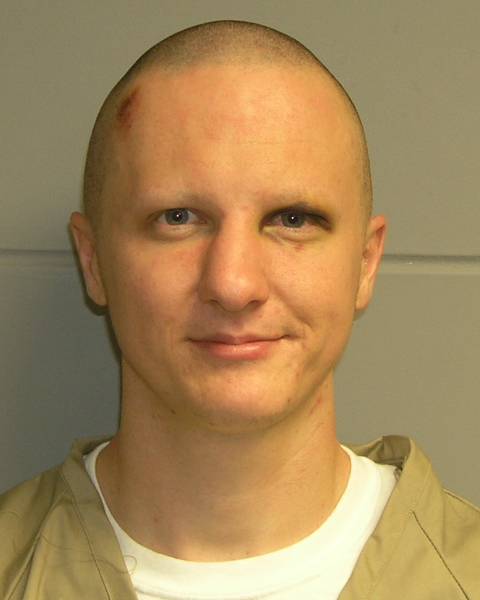Looking back on the devastating mass shootings in the past couple of years, many are beginning to question whether civilians should be allowed to purchase guns without more stringent restrictions. Although it is understandable that some would like an easy solution to such terrible events, curbing the rights of gun owners is definitely not the answer.
According to statistics released by the FBI, an estimated 1,214,462 violent crimes occurred nationwide in 2012, an increase of 0.7 percent from 2011. Murders accounted for just 1.2 percent of the violent crimes, with guns being used in 69 percent of murders. So going by these numbers released by the FBI, guns are involved in less than 1 percent of violent crimes in the nation.
So why take guns away?
When someone is shot, or there is a mass shooting, it makes national headlines. The sensationalism surrounding the awful event often obscures the underlying cause of the perpetrator’s actions, which is in most cases some sort of mental instability. For instance, according to a National Institute of Health analysis, someone with psychosis is 20 times more likely to kill someone than the average person.
I work in a pharmacy, and some of the most commonly prescribed drugs are those that alter the chemistry of the brain — drugs like Adderall or Celexa. Because many customers like to talk about their problems, lots of people will quickly say something about the need for this medicine that they’re buying. They say things like “My eight year old son is hard to manage, so he needs this heavy amphetamine to make him shut up so I can go back to watching football” or “I have a ton of problems that make me stress out, so I really need my antidepressant.”
Doctors are prescribing these pills like they are a cure for an illness rather than part of a treatment. A person will be prescribed a drug and become somewhat functional, and it is just left at that. The underlying problems are often left ignored, so it’s a small wonder that peoples’ problems just fester and build to a boiling point. And they snap.
Take the Connecticut school shooter Adam Lanza for instance: he shot his mother in the face and head multiple times. However, this was not the first time he displayed instability. His mother had previously tried, unsuccessfully, to have him committed. Seung-Hui Cho, the Virginia Tech killer, had displayed similar mental instability. Thus, it’s crucial to discuss that lack of early intervention for those displaying severe anti-social behavior.
According to a CBS article, Charleston Navy Yard shooter Aaron Alexis, “complained to Rhode Island police that people were talking to him through the walls and ceilings of his hotel rooms and sending microwave vibrations into his body to deprive him of sleep.”
Like Lanza, Alexis had serious mental problems that went untreated, which is obvious in retrospect because sane people do not go on killing sprees.
Instead of taking away constitutional rights that are so entwined with the history of our nation (without citizens with guns, there would be no United States of America), we should be transferring the same zeal and applying it to bettering mental health treatment.
We as a country need to have a discussion about mental health treatment, not of how to strip gun owners of their Second Amendment rights.
Gun violence and mental health
September 30, 2013

Jared Lee Loughner went on a shooting spree at a constituents’ meeting held in a Safeway supermarket in Tucson, Ariz., in 2011, killing nine-year-old Christina-Taylor Green and U.S. District Court Judge John Roll, as well as four others. He also shot and injured 12 people, including U.S. Rep. Gabrielle Giffords, who suffered severe brain damage.
Shortly after his arrest, Loughner was diagnosed with paranoid schitzophrenia, for which he had never received treatment or medication.
